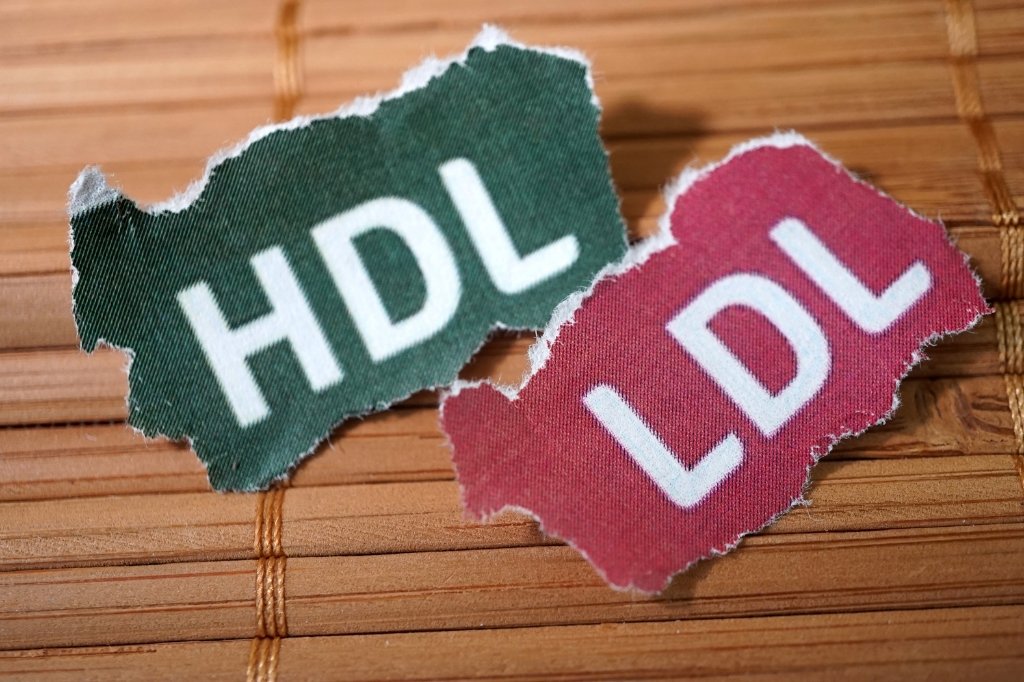Cholesterol and Heart Health: What You Need to Know
When discussing heart health, cholesterol almost always comes up. Cholesterol is one of the most significant indicators of cardiovascular health, and many people only have a fuzzy understanding of what cholesterol really is. Some people think cholesterol is inherently “bad,” but others don’t fully understand its role in the body. The truth is that cholesterol itself is not the enemy. It is a natural substance your body needs. The problem comes when certain types of cholesterol rise too high, creating risks for heart disease and stroke.
At Lifeline Clinic Dubai, many patients ask how to lower cholesterol in Dubai, what diet changes help, or whether medication is necessary. To answer these questions clearly, let’s break down the essentials.
What Cholesterol Really Is
The liver produces cholesterol, a waxy, fat-like material found in some diets. It is involved in “building” cells, as well as in making many of the essential hormones. Consumed in moderation, it is necessary (even though you do not “need” to eat it, as the body can produce all that it needs). However, when it is “not balanced properly”, it can create issues for your arteries and heart.
There are two main types that doctors focus on:
- LDL cholesterol (low-density lipoprotein): Often called “bad” cholesterol. When levels are high, it sticks to artery walls and narrows blood flow. High LDL levels are directly linked to an increased risk of heart disease.
- HDL cholesterol (high-density lipoprotein): Known as “good” cholesterol. It returns extra cholesterol to the liver for elimination and aids in its removal from the circulation. Higher HDL levels offer protection.
A third component, triglycerides, also plays a role in overall heart risk.

Why High Cholesterol Matters
Too much LDL and too little HDL set the stage for plaque buildup in your arteries. Over time, this makes the arteries stiff and narrow, a condition called atherosclerosis. The result is a higher chance of heart attack, stroke, or other cardiovascular problems.
The concern is that cholesterol problems often do not cause noticeable symptoms. You may feel perfectly fine, yet still have numbers that put your heart at risk. That’s why having regular cholesterol checks is essential. If you have a family history of high blood pressure, heart disease, or diabetes, it is even more important to manage cholesterol.
Practical Ways to Improve Your Levels
If you are looking for safe ways to lower cholesterol in Dubai, here are some of the most effective approaches:
- Eat heart-healthy foods
Replace saturated fats (such as butter and fatty meats) with unsaturated fats (like olive oil, avocados, and nuts). Avoid trans fats altogether.
- Increase your activity
At least 150 minutes of moderate movement each week will lower cholesterol and improve blood circulation. Brisk walking is still counted as moderate activity
- Quit smoking
Smoking reduces HDL cholesterol and is not suitable for blood vessels. Quitting smoking has immediate effects.
- Maintain a healthy weight
By lowering LDL cholesterol levels, even a modest weight loss can benefit heart health.
- Limit alcoholic beverages
Excessive alcoholic beverage consumption helps raise triglycerides and discompensate cholesterol balance.
When Lifestyle Changes Are Not Enough
Changes in lifestyle alone are insufficient for some people, particularly those with inherited disorders such as familial hypercholesterolemia. In such circumstances, doctors may prescribe drugs to reduce LDL cholesterol. Statins are the most common, but other options exist. The right plan depends on your personal health profile.

Why Dubai Residents Should Pay Attention
You may think that vitamin D deficiency is the only issue an expat in a sunny city like Dubai must contend with. Still, lifestyle-based problems such as high cholesterol are also common. With sedentary jobs, limited exercise, and diets based on processed foods, many people living in Dubai face a higher risk. Getting your cholesterol level tested at a trusted clinic is a straightforward thing to do, and may prevent serious health issues down the line.
When to See a Specialist
If you have a history of high cholesterol, diabetes, high blood pressure, or heart disease in your family, you should not wait until symptoms appear. Schedule a cholesterol check and discuss your results with a healthcare professional. You can work with a physician to develop a long-term plan to reduce your cholesterol and keep your heart healthy.
Taking charge of your heart health
Cholesterol may sound scary, but improving your heart health is actually fairly simple. Keeping your LDL levels low, doing what you can to protect your HDL, and keeping your healthy behaviors in place. Regular appointments will ensure that nothing gets missed.
At Lifeline Clinic Dubai, we help patients learn about the best ways to lower cholesterol (diet, lifestyle changes, and, if necessary, medical treatment). With the correct information, you will be able to manage your cholesterol and ensure your heart health for years to come.

Final Thought
Cholesterol is not something to fear, but rather something to balance. If you know the difference between LDL and HDL, how lifestyle can influence your numbers, and have regular checks, you will be in a position of strength. If you are looking for ways to lower cholesterol in Dubai, we are here to help with testing, guidance, and treatments designed for your health.
Frequently Asked Questions
Can I lower cholesterol naturally?
Yes. There are a number of ways to lower cholesterol, such as having a balanced diet, exercising regularly, and maintaining a good weight. Fibre-rich foods, including oats, beans, fruits, and vegetables, can help decrease LDL cholesterol. Nuts, seeds, and fatty fish can improve your lipid balance as well.
Is it possible to lower HDL cholesterol by accident?
Unfortunately, the answer is yes. Smoking, inactivity, and a diet high in processed foods can all reduce the amount of “good” cholesterol in your body. This is one reason lifestyle choices matter so much. Protecting your HDL levels is as important as lowering LDL.
What about lowering LDL cholesterol fast?
Some people see results within weeks of lifestyle changes, while others may need medications called statins. The goal is not just quick improvement but steady, long-term control.




